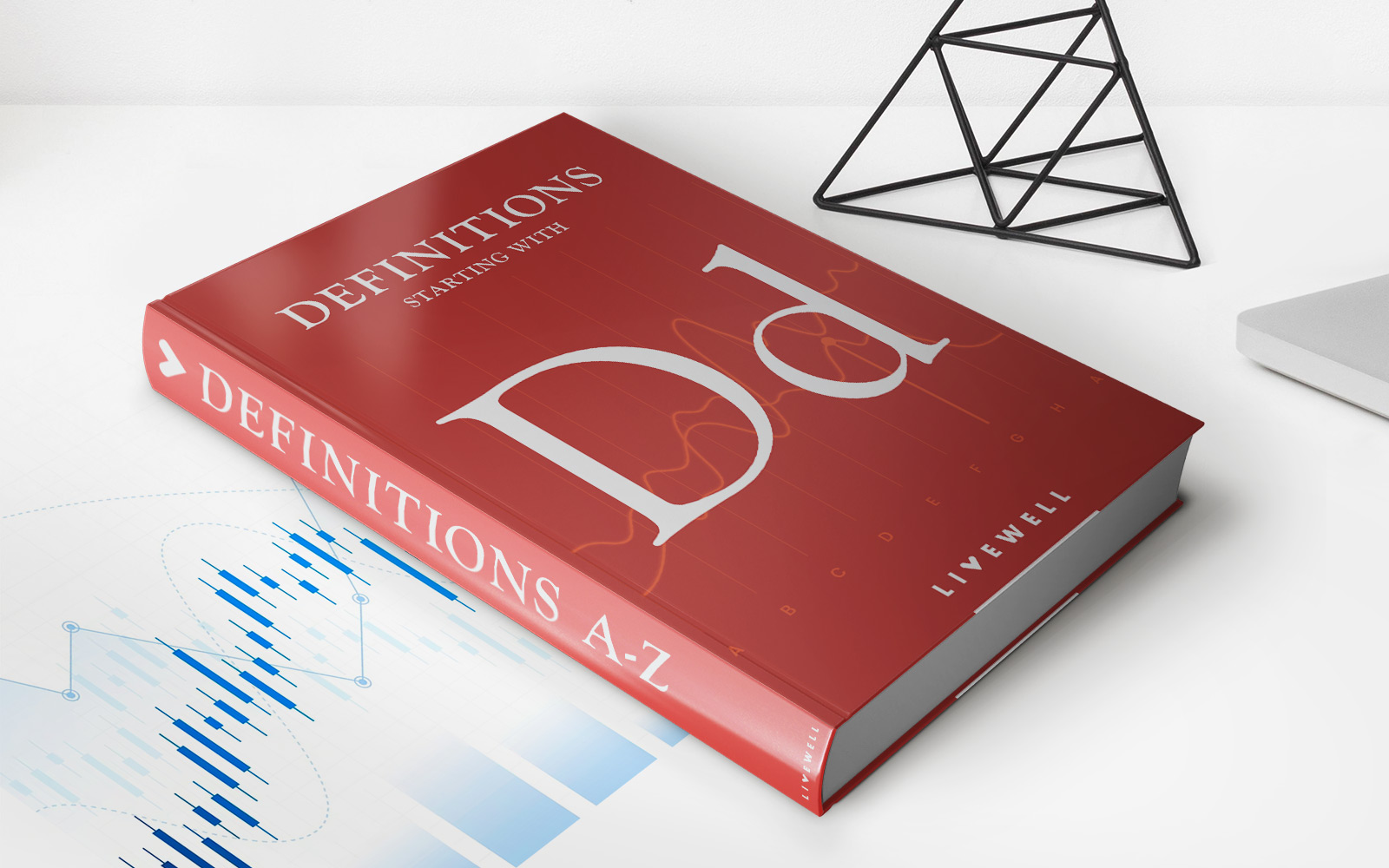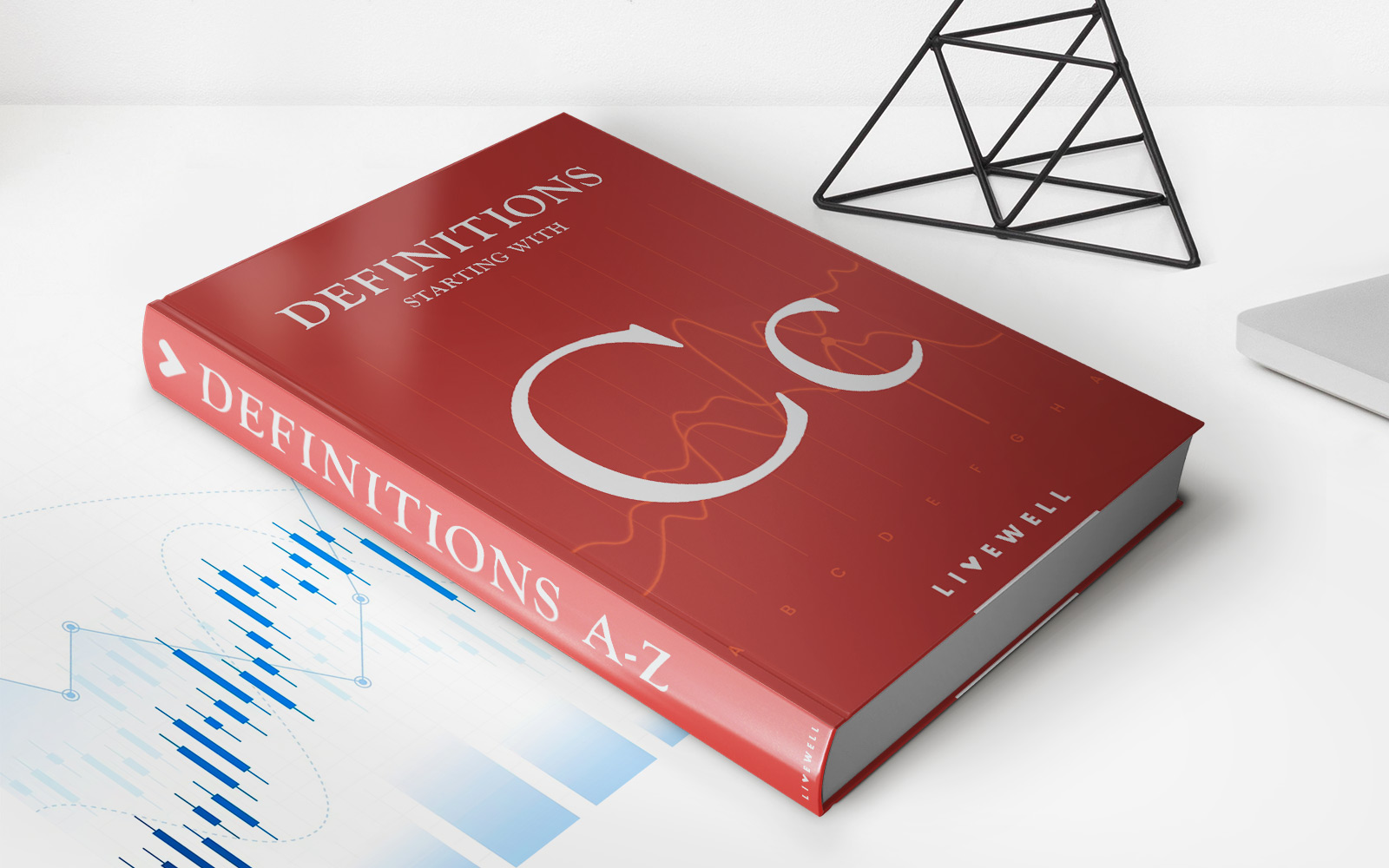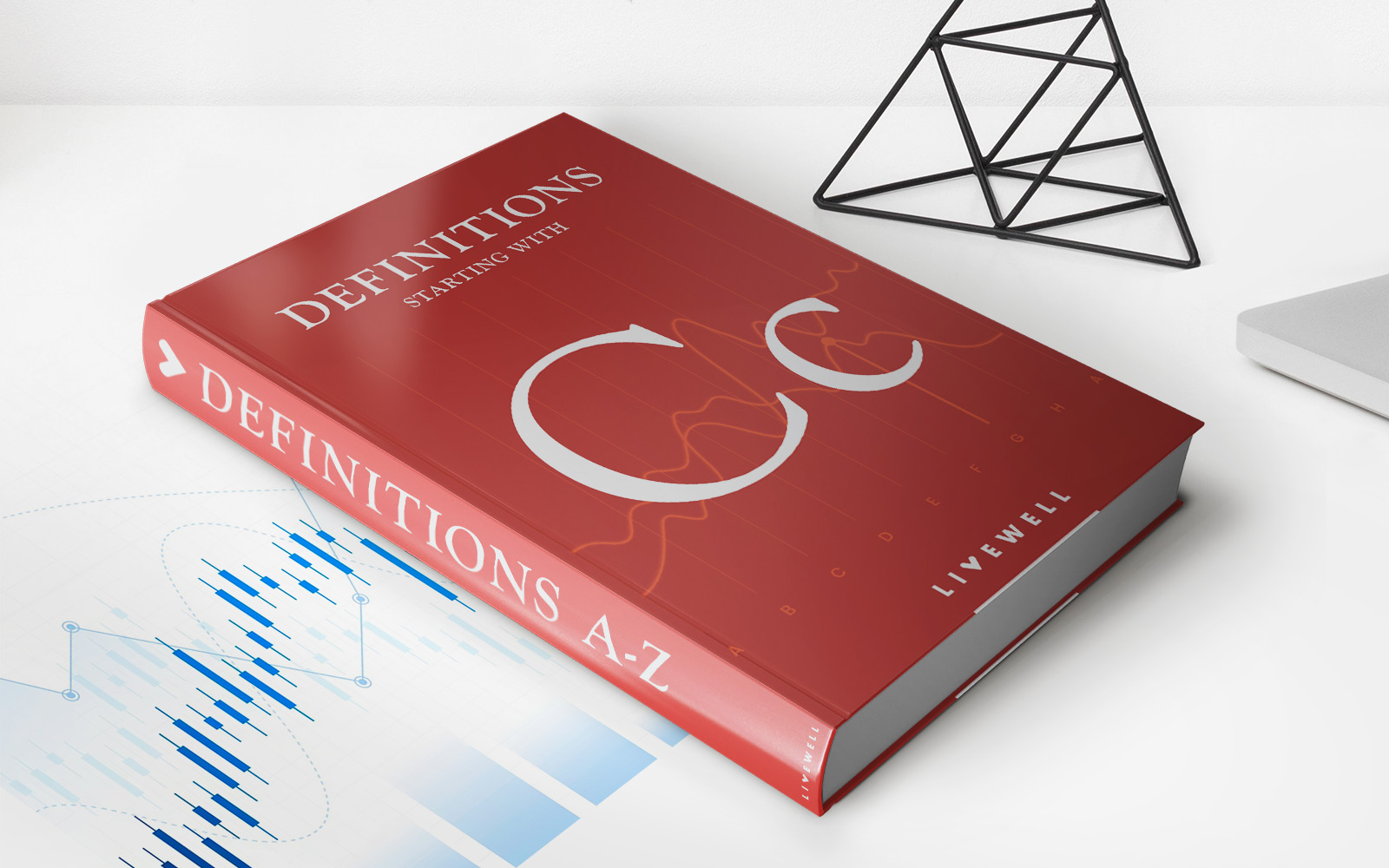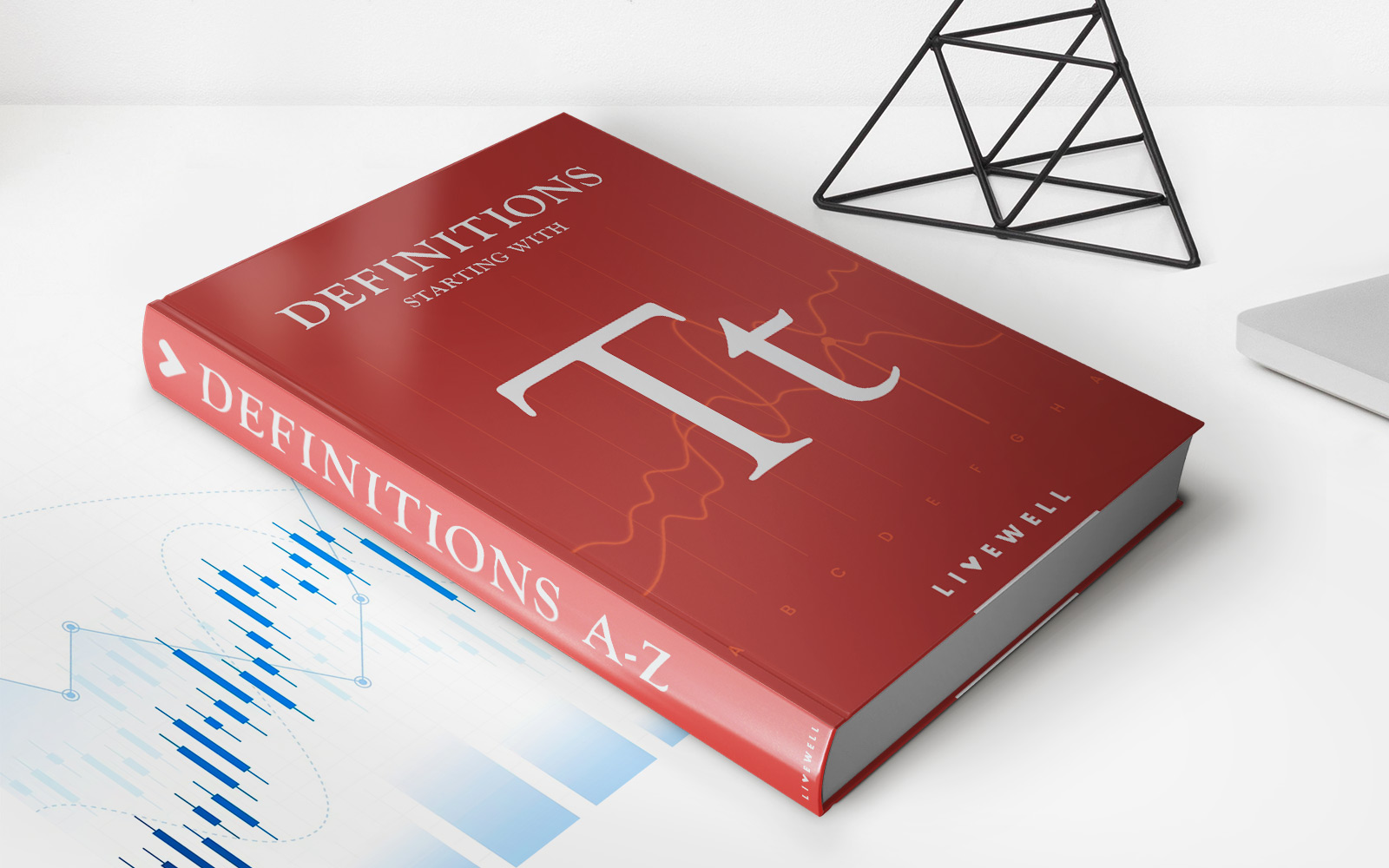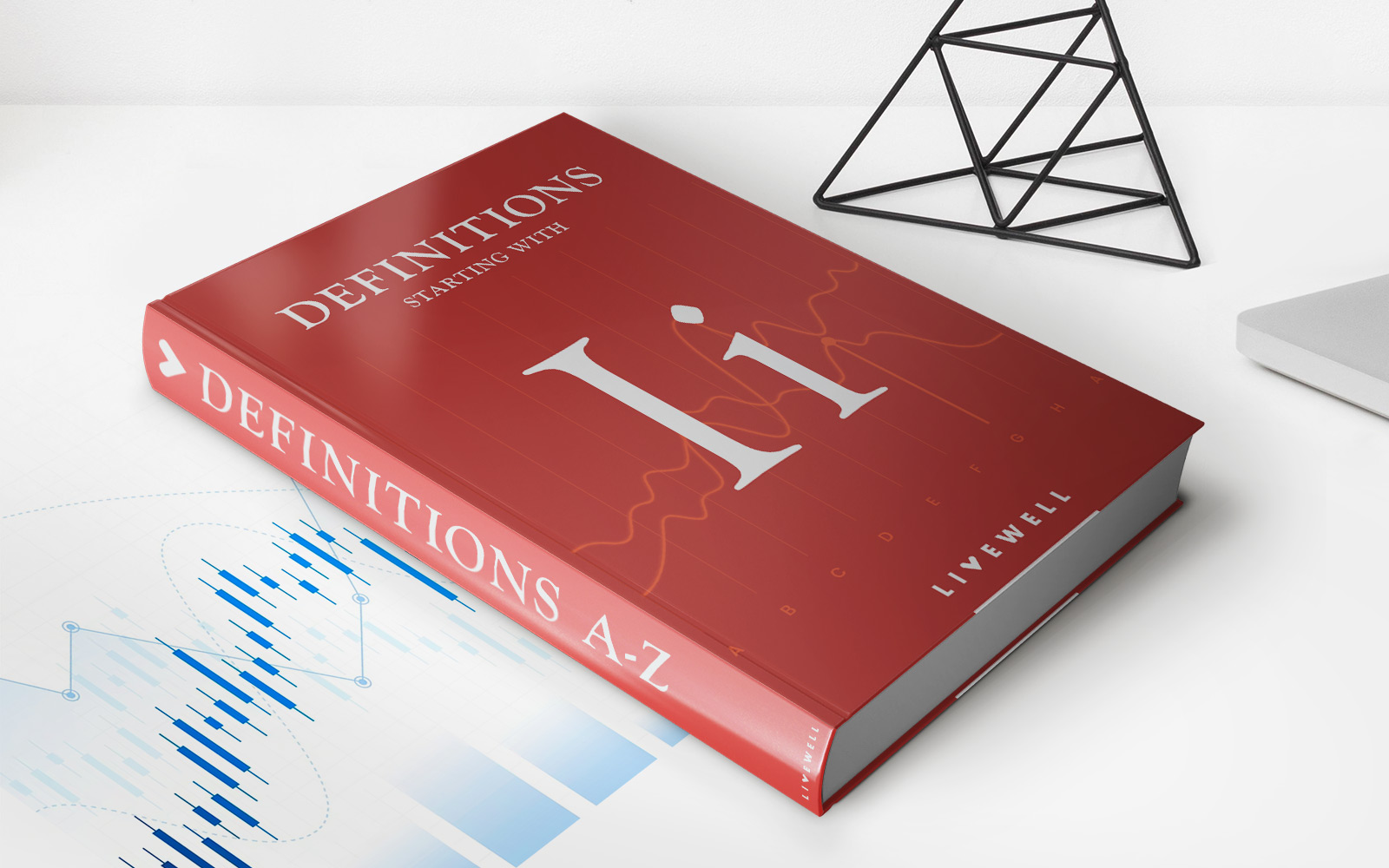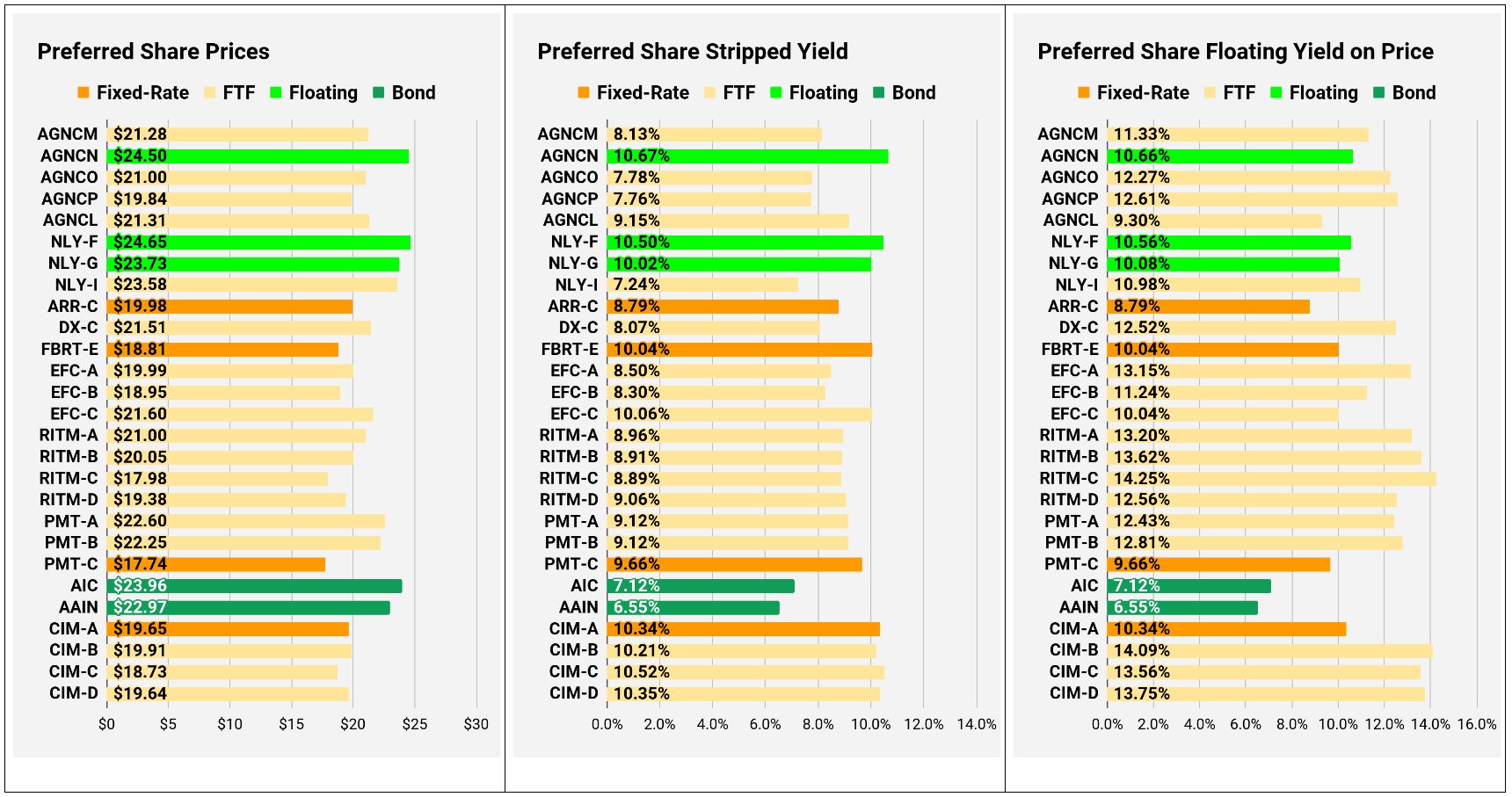Home>Finance>Decreasing Term Insurance: Definition, Example, Pros & Cons
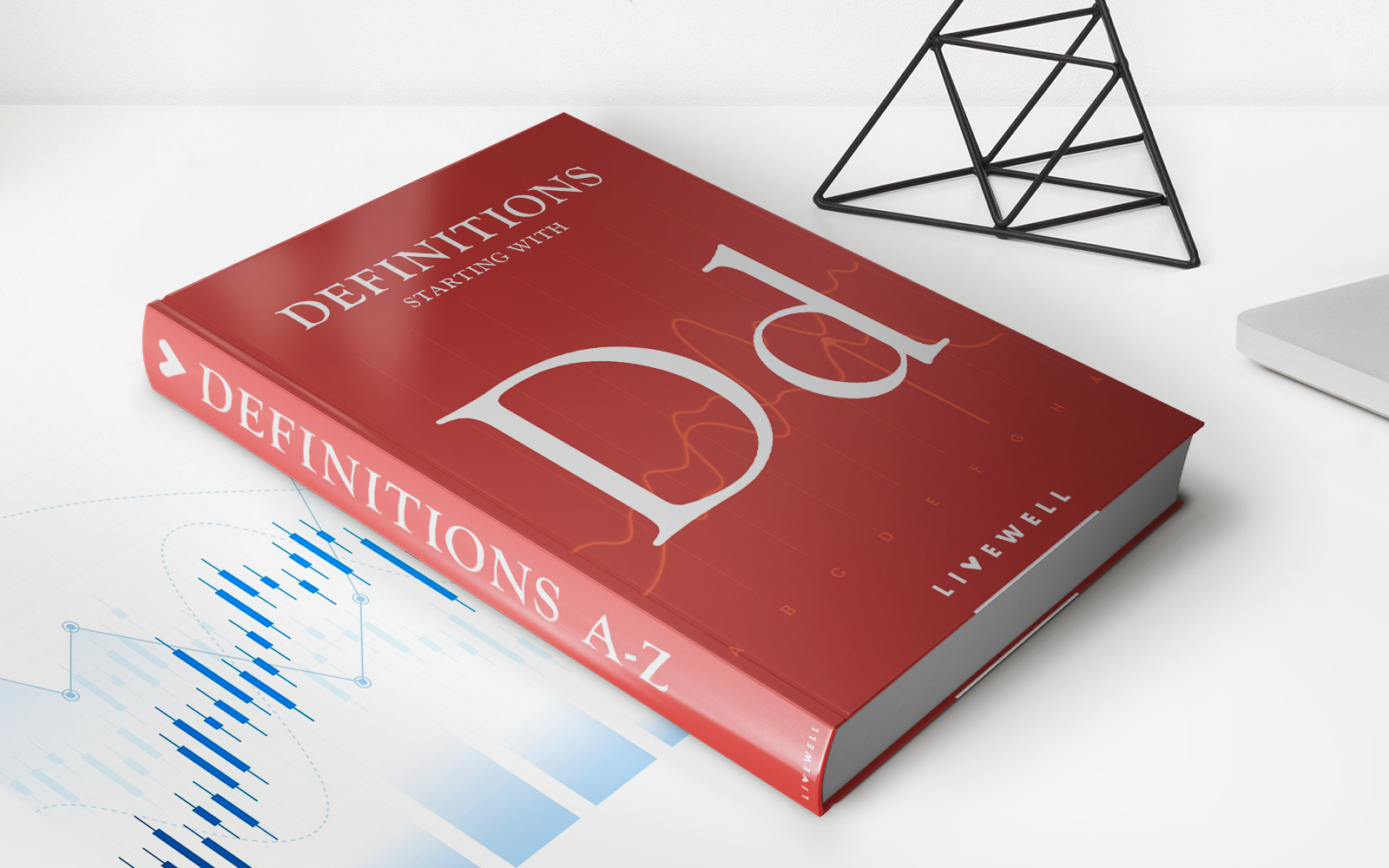

Finance
Decreasing Term Insurance: Definition, Example, Pros & Cons
Published: November 9, 2023
Learn about decreasing term insurance in finance. Definition, example, pros, and cons. Protect your financial future today!
(Many of the links in this article redirect to a specific reviewed product. Your purchase of these products through affiliate links helps to generate commission for LiveWell, at no extra cost. Learn more)
What is Decreasing Term Insurance?
When it comes to securing our financial future, insurance can play a crucial role. There are various types of insurance policies available, and one such policy is Decreasing Term Insurance. In this article, we will delve into the definition, example, pros, and cons of Decreasing Term Insurance. So, let’s get started!
Key Takeaways:
- Decreasing Term Insurance provides coverage for a fixed period, with the sum assured decreasing over time.
- This type of insurance is commonly used to cover outstanding mortgage or loan balances.
Definition of Decreasing Term Insurance
Decreasing Term Insurance is a type of life insurance policy that offers coverage for a fixed period, typically between 10 to 30 years. Unlike other types of life insurance policies, the sum assured in Decreasing Term Insurance decreases over time. This means that the payout to the policyholder or beneficiaries reduces as the policy progresses.
Example of Decreasing Term Insurance
To better understand how Decreasing Term Insurance works, let’s consider an example:
John and Sarah recently purchased their dream home with a mortgage of $300,000. To ensure that their family is financially protected in case of any unfortunate event, they decide to opt for Decreasing Term Insurance with a policy term of 20 years. The sum assured at the beginning of the policy might be equal to the outstanding mortgage balance of $300,000. However, as the policy progresses, the sum assured decreases over time, mirroring the decreasing balance on their mortgage.
Let’s say after 10 years, the outstanding mortgage balance is reduced to $200,000. In this case, the sum assured of the Decreasing Term Insurance policy might be reduced to $200,000, providing coverage for the remaining mortgage balance.
Pros of Decreasing Term Insurance
While Decreasing Term Insurance may not be suitable for everyone, it does offer certain advantages:
- Cost-Effective: Compared to other types of life insurance policies, such as Whole Life or Universal Life Insurance, Decreasing Term Insurance usually comes at a lower premium. This makes it an affordable option for individuals seeking coverage for specific financial obligations.
- Specific Coverage: Decreasing Term Insurance is often used to cover outstanding mortgage or loan balances. By aligning the coverage amount with the decreasing balance, it ensures that the policyholder’s family is protected from any financial burden.
- Simplicity: The concept of Decreasing Term Insurance is straightforward, making it easier for individuals to understand and manage their insurance coverage.
Cons of Decreasing Term Insurance
Like any insurance policy, Decreasing Term Insurance also has its drawbacks:
- Reduced Payout: As the sum assured decreases over time, the payout to the policyholder or beneficiaries may not be sufficient to cover other financial needs, apart from the targeted liabilities.
- No Cash Value: Unlike some other types of life insurance policies, Decreasing Term Insurance does not accumulate cash value over time. This means that if the policyholder survives the policy term, there is no return on the premiums paid.
In Conclusion
Decreasing Term Insurance is a type of life insurance policy that provides coverage for a fixed period, with the sum assured decreasing over time. It is commonly used to cover outstanding mortgage or loan balances, offering cost-effective and specific coverage. However, it’s essential to consider the reduced payout and lack of cash value associated with this type of insurance. If you have specific financial obligations that decrease over time, Decreasing Term Insurance could be a viable option for you.
